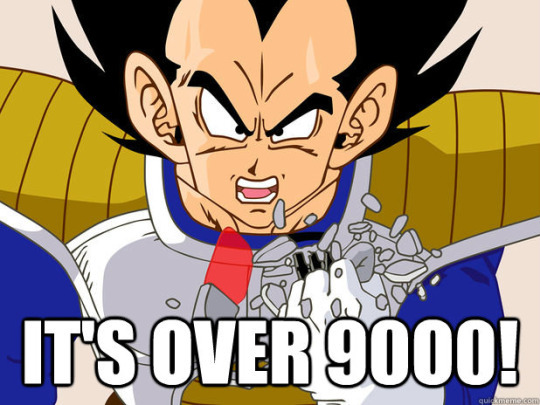Fantasy Names, Lazy or Rigorous?
http://danbensen.tumblr.com/post/157898384130/my-11-year-old-was-asking-me-why-i-say-that-i-put
Thanks for the question, totally stranger whom I do not know!
I actually had exactly that experience today! I tried to read a book with bad fantasy names, put it down, then, berating myself as cynical old curmudgeon, I tried to read it again. Only then to discover that the bad fantasy names were a symptom of the deeper problems of the author’s ignorance and laziness.
Curmudgeon level elevated!

In this case, what made the names “bad” was the fact that they were obvious modifications of the names of real places and people. (Without using real examples and calling the author out) it was like saying “Naponia” or “The Zomali Empire.” Japan and Somalia are real places with real histories and cultures — cribbing their names without including that background looks lazy and disrespectful.
It’s as if the author is saying, “Oh, you like Japan? Then read my book!” but “Why do I have the people in Naponia eating tortillas? Because Naponia is a fantasy country I made up and I can do whatever I want there.”
(Note that I might end up liking a book with lazy naming if its story and characters are good enough. I’m not talking about “good” and “bad” books here, just books with lazy or rigorous worldbuilding.)
(Note also that for the sake of simplicity and clarity, I’m going to continue using Japan as an example of lazy fantasy naming. Feel free to slot other countries into my examples.)
It’s a lot better when the author makes words up: Waqareel-T’ra (Awkwards can help). In that totally fictional land, anything you want can happen and similarities to real cultures living or dead is purely coincidental. A good example is the Stormlight Archives.
Better yet is where the author makes the fantasy country in question an obvious twin of the real world, as if the story takes place in an alternate history where magic exists and things turned out differently, but not too differently. Names might share the phonology of the real languages off which they’re based (i.e. Mehun for Japan) or be historical names for the same place (e.g. Yamato, Wagoku, Tenka). Good examples are One Night in Sixes, , Uprooted and Across the Nightingale Floor. A Song of Ice and Fire juuust barely meets this standard. Also, sort of the Discworld books.
And the BEST thing to do is put in the research necessary to actually set your fantasy story in a real place and time: freaking honest-to-God Japan! Throw in some magic to keep things interesting,but do your your best to keep everything else accurate, teach your readers something, and be true to the real lives of real people.
Examples of that kind of historical fantasy are:
Jonathan Strange and Mr. Norrell
(and perhaps not actually fantasy at all, but I like them enough to include them here)
Once again, rigorous worldbuilding does not equal a good book. I love Discworld way more than The Golem and the Jinni, but I do appreciate learning real things, and I want to give credit where credit is due.
Oh hell, where did my morning go? I was supposed to be working on my novel, damn it!
Thanks again for the question. You inspired me to write a wonderful awful idea about bad fantasy names, which you can see tomorrow. 



